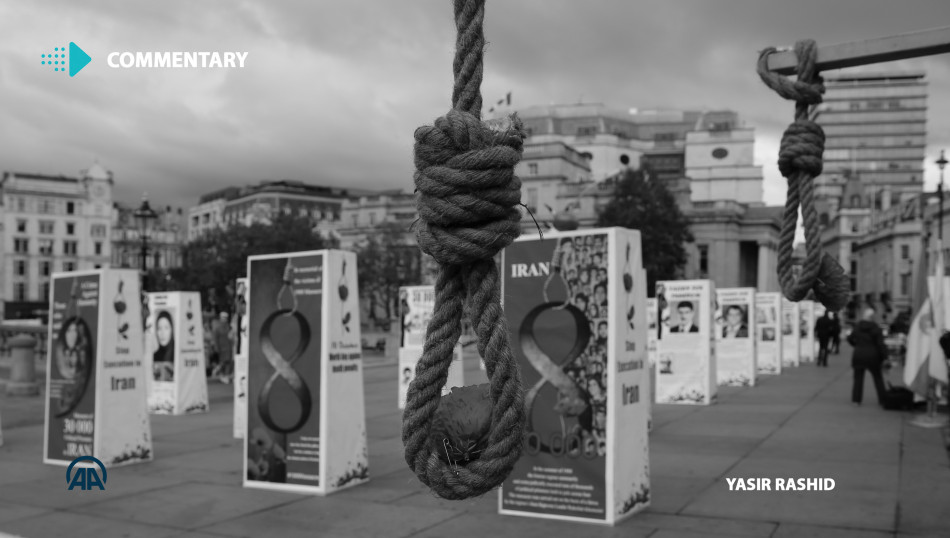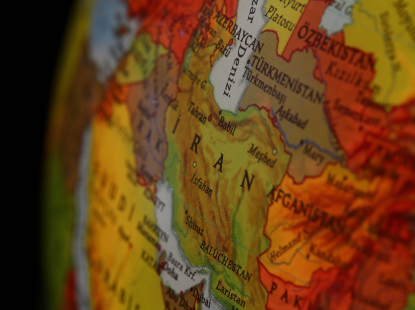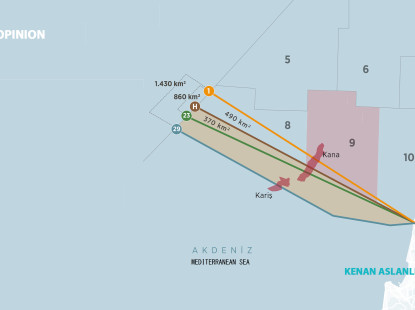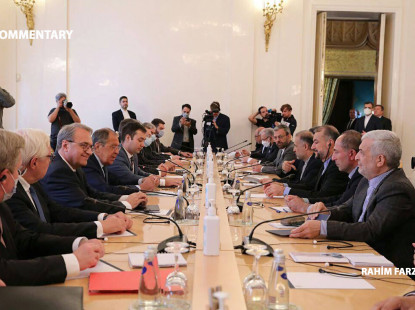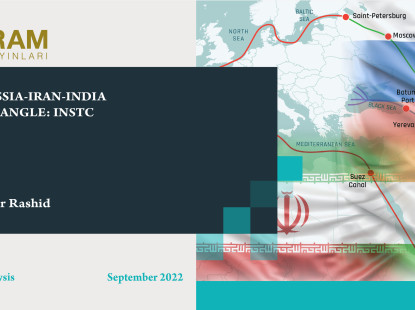The Enactment of the Death Penalty: Iran’s Headache from Its Relations with Europe
In Iran, crimes such as premeditated murder, sexual offences (adultery, incest, rape, and sodomy), insulting Prophet Mohammad and other great Prophets, ifsad-fil-arz (corruption on earth), moharebeh (waging war against God), the possession and/or the sale of illicit drugs, theft for the fourth time, fraud, and human trafficking, can be punished by death by the laws of the Islamic Republic. In this regard, Iran Human Right’s 2019 report on the death penalty in Iran, indicates that at least 280 people were executed in 2019 of which about 80% of all executions were for murder charges, 11 % for drug-related charges, 6% rape, and 3% for charges such as moharebeh and ifsad-fil-arz.
In 2020, however, although the exact number of executions has not yet been officially reported, two death penalties in the last year have attracted worldwide attention: executions of Navid Afkari and Rohullah Zam. Navid Afkari, wrestling champion, was executed on September 12, 2020, with his hanging in the city of Shiraz, south-central Iran. He was executed for the murder of Hasan Turkman, the Iranian government’s water and sewage department’s security agent during the Mordad 1397 (August 2018) protests in Shiraz. Navid Afkar’s two brothers, Vahid and Habib, have also been sentenced to serve lengthy times in prison. Ruhollah Zam, journalist and the director of the Telegram channel "Amad News", was also executed on December 12, 2020, after a year in prison. Ruhollah Zam was charged with 17 different crimes, including espionage for the Israeli and French intelligence services and collaborating with the United States. After six trial sessions, the court charged him on ifsad-fil-arz (corruption on earth) and sentenced him to death.
Execution of the death sentence for Iran has not been without troublesome. For example, following the execution of Navid Afkari, Iran’s foreign minister Mohammad Javad Zarif’s trip to Europe was cancelled. He was scheduled to visit three European countries, Germany, the United Kingdom, and France, in connection with Iran’s nuclear deal and the European financial mechanism for financial transactions with Iran.
In another case, after the European Union (EU) condemned the execution of Ruhollah Zam, Iran’s Foreign Ministry summoned the German ambassador, then-holder of the EU’s rotating presidency, to protest over EU criticism of the execution of Zam. French envoy to Tehran was also summoned by Iran’s Foreign Ministry. As a consequence, ambassadors of France, Germany, Austria and Italy in Tehran cancelled their participation in the Europe-Iran Business Forum (EIBF), which was supposed to take place on December 14, 2020. The EIBF on Iran’s economy, trade and banking sectors was aimed at European investors who want to tap the Iranian markets if the US sanctions are again lifted. In addition, the European Parliament also passed a resolution condemning gross violations of human rights in Iran. The European Parliament resolution condemned the execution of Ruhollah Zam and Navid Afkari, called Nasrin Sotoudeh’s imprisonment cruel, and at the same time called for an end to the execution of Ahmad Reza Jalali.
Overall, the implementation of the death penalty, although troublesome for Iran’s foreign relations, especially with the West, the execution has not stopped in this country. First death penalty in 2021 was put forth in the Sistan and Baluchestan Province. On January 03, 2021, the Sistan and Baluchestan judiciary announced that the death sentences of two Baluch prisoners (Hassan Dehvari and Elias Qalandarzehi) accused of involvement in several operations that resulted in the death of law enforcement and security personnel had been carried out.
- Tags:
- Iran
- Death penalty
- Human rights
